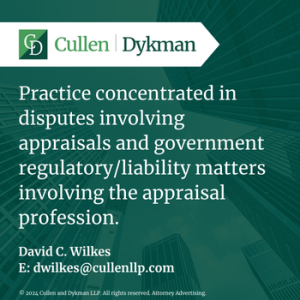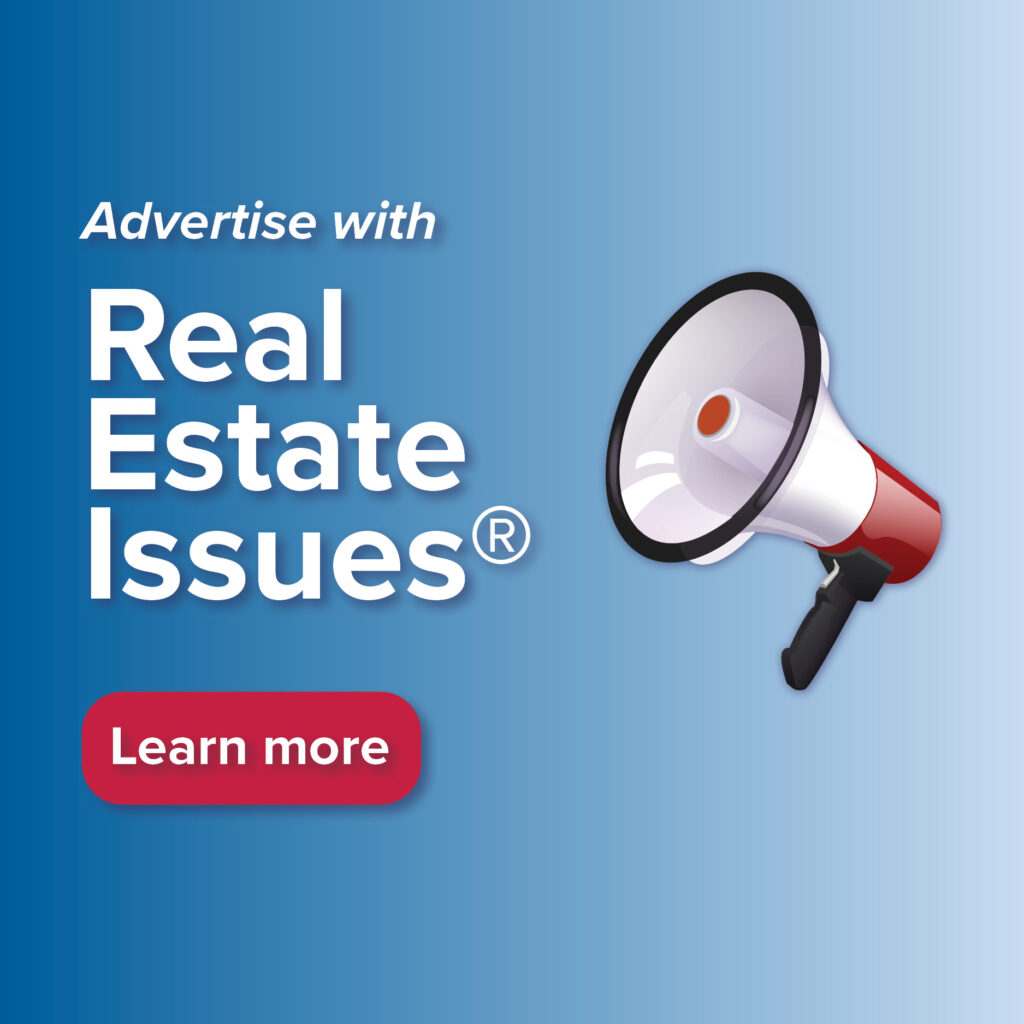Ethics Versus Compliance
Volume 35, Number 2 Summer 2010 By Bowen H. ‘Buzz’ McCoy, CRE Photo: 3D generator/Shutterstock.com Recent articles in The Wall Street Journal reported a renewed emphasis on ethics on the part of the newly appointed dean at Harvard Business School. The financecaused current recession has raised issues of fraud and corruption in several sectors of… Read more
Reconsidering the Definition of Highest and Best Use: The Case for a Post-Disaster Highest and Best Use
Summer 2010, Vol. 35, No. 2 Abstract: Orderly development and ownership of real property following a disaster depends critically on the estimation of the highest and best use and real property value. It is the number used in the payment of insurance loss claims, possible sale, construction of improvements, and financing. The typical market concept and… Read more
Valuing Tax-Exempt Real Estate Bonds
Summer 2010, Vol. 35, No. 2 features Abstract: In today’s constrained lending environment, tax-exempt real estate bonds are a viable apartment financing option because of their low “all-in” costs (interest rates), extended maturity terms and potential assumption features. These bonds are generally only assumable on properties originally developed with them in place, but in some cases,… Read more
Are Condos Securities? How to Determine When You Have a Security
Summer 2010, Vol. 35, No. 2 Abstract: Can real estate ever be a security? Can disgruntled buyers void purchases by claiming securities fraud? This article reviews case law regarding related real estate transactions and addresses what buyers and sellers should know. For example, if the real estate venture in question is a security, a purchaser can… Read more
Residential Energy Efficiency: A Model Methodology for Determining Performance Outcomes
Summer 2010, Vol. 35, No. 2 Abstract: The current climate of opinion in both the residential and commercial sectors for new and existing building stock gives a prominent role to energy efficiency as a policy tool. Executive and legislative branches of government at both the state and federal levels are considering and adopting policy options to… Read more
A Corporate Guide to Implementing a Sustainable Real Estate Program
Summer 2010, Vol. 35, No. 2 Abstract: Sustainability is no longer thought of as a passing fad but rather a business imperative across the globe. As a result of changing energy prices, anticipated carbon regulation, stricter future building codes, cost containment, limited natural resources, or increasing pressure from stakeholders, the question has clearly changed from whether sustainable design should be considered to why one would choose... Read More








